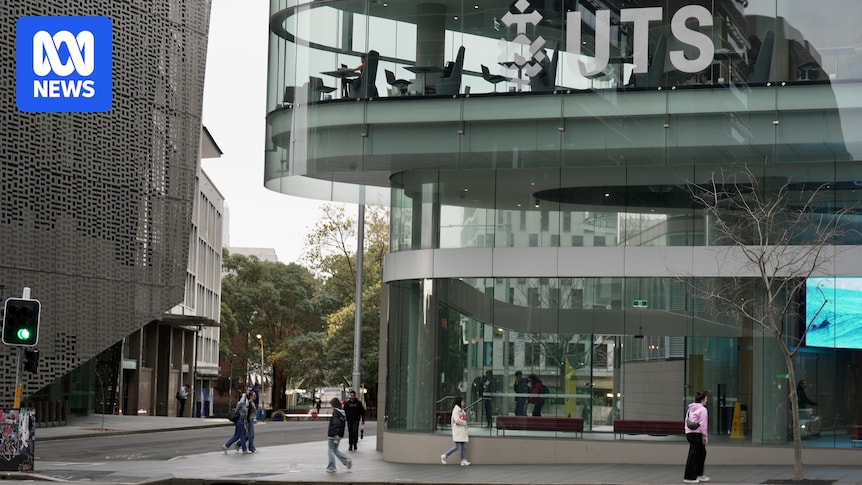
The University of Technology Sydney (UTS) has announced a sweeping restructure that will see the closure of its education and public health schools, resulting in the elimination of more than 1,100 subjects and 134 jobs. This decision is part of a multi-million-dollar effort to cut costs and achieve financial stability.
Previously, UTS had disclosed plans for 400 job losses as part of a strategy to save $100 million. The updated proposal, released on Wednesday, outlines the creation of a new faculty of Business and Law by merging its trans-disciplinary and business schools. Consequently, the number of schools will decrease from 24 to 15, including the closure of its International Studies, Education, and Public Health schools, as well as its teacher training program.
The $100 Million Bid to Return to Surplus
The restructuring is part of UTS’s broader plan to reduce expenditures by $100 million by 2026, aiming to return to a surplus after enduring five years of deficits since the onset of the COVID-19 pandemic. Vice-Chancellor Andrew Parfitt attributed the financial challenges to policy restrictions affecting domestic and international student enrollments, which have constrained revenue growth.
“UTS is focused on achieving a sustainable future where students can continue to get the quality of education they expect, and we can continue to deliver research outcomes for the communities that benefit from our work,” Professor Parfitt stated.
He emphasized the university’s commitment to public education and the student experience as central to their mission.
Restructure Sparks Calls for Greater Scrutiny
The announcement has prompted criticism and calls for increased oversight. Vince Caughley from the National Tertiary Education Union described the proposal as “poorly managed,” questioning the rationale behind cutting programs in critical fields like health and education during a time of professional shortages.
“At a time when health and education have never been more important, when there is a shortage of teaching and health professionals in the community, it seems curious that a public institution would make this decision and be allowed to make this decision,” Caughley remarked.
He argued that UTS management was prioritizing financial optics over public needs and called for renewed governance and scrutiny.
Greens Deputy Leader and Higher Education spokesperson, Mehreen Faruqi, labeled the restructuring as an “absolute disgrace,” highlighting the impact on staff, students, and the broader community.
“Overhauling university governance is absolutely urgent. Staff and students deserve to be key decision-makers at their universities, not overpaid executives or corporate appointees,” Faruqi asserted.
NSW Government’s Response and Future Implications
The New South Wales government has also expressed concern. Murat Dizdar, Secretary of the NSW Department of Education, emphasized the importance of maintaining a robust teaching pipeline for the state’s social and economic well-being.
“Teaching is the profession that creates every single other profession, it’s so important for the state’s social and economic fabric,” Dizdar said.
He confirmed ongoing discussions with the UTS vice-chancellor, urging a reconsideration of the proposed changes to teacher and education courses.
The proposal will undergo a consultation period until October 15, with any approved changes slated to take effect in 2026. As UTS navigates this complex transition, the broader implications for Australia’s higher education landscape remain to be seen.






